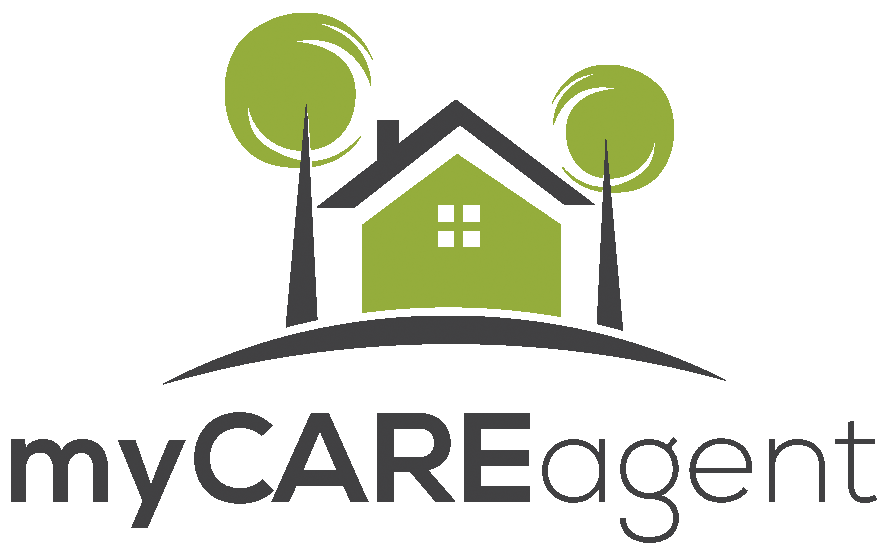
There are a few simple things you can be doing to set yourself up for buying a home
Buying a home may seem out of reach for many Californians, but with a little planning and a lot of patience, ambitious renters can make that dream a reality. If you are dreaming of home ownership, here are some tips to help you get in the game.
Start Saving Now
It may sound obvious, but solid financial planning can make sure you’re ready to purchase a home in the future. When you set aside a portion of your paycheck – whether it be a percentage or a fixed amount – you will be surprised at how quickly it will grow.
Set up an automatic transfer to a saving account that is dedicated to your down payment. Most mortgage lenders require a down payment of at least 3%, but it would benefit you to put down as much as you can. Loans with less than a 20% down payment will include mortgage insurance, an extra monthly fee added to your mortgage payment. Overall, the more money you can put in for the down payment will translate into a better interest rate and a lower monthly mortgage payment.
Monitor Your Credit
The majority of people purchasing a home will need to rely on a mortgage loan, which means your credit will be a consideration. The better your credit, the better the terms of the loan will be. Credit scoring is somewhat mysterious, but here are a few tips to keep your credit score elevated.
Use Your Credit
It may sound strange, but it is hard to get credit if you don’t have credit. Lenders like to see a history of good credit, and good credit practices will build your score. According to FICO, you need to have at least one credit card open for at least six months to have a credit score.
Pay On Time
This is the single most important thing you can do for your credit score. The more you pay on time, the higher your credit score will be. This includes credit cards, medical bills, car payments, student loan payments, and any other type of loan.
Opening Credit Cards
The key to a good credit score is the ratio between how much credit you have and how much credit your use; the ratio should be less than 30%. For example, if you have a credit card with a $10,000 limit, you should keep your balance below $3,000 every month. Adding another credit card will allow you to increase that balance without exceeding the 30% ratio. But continually opening new credit cards to spend more money and grow your debt is not a good credit practice. Only open a new account if you feel like you can limit your spending and pay off your balance every month.
Closing Credit Cards
Closing a credit card means a temporary ding on your credit score. However, having unpaid cards is much worse; sometimes closing a card can be worth it.
Medical Debt
Many people don’t realize that medical debt directly affects your credit score. Whether it is a large bill for emergency services, or a small bill for dental cleaning, be sure to pay your bills on time and don’t allow them to go to collections where they will wreak havoc on your credit score.
Credit Score vs. Credit Report
Your credit report is the information used to compile your score. While it is helpful to know your score, you really want to be familiar your credit report to get a sense of what makes up your score and to check for any mistakes. Errors in a credit report happen all the time, and it is your responsibility to identify and correct any mistakes.
Consider New Construction
Surprisingly enough, there are still undeveloped areas in California, and new construction is being built regularly. Developers of large housing communities will usually offer great deals for homebuyers willing to commit to buy early in the development phase. Besides a lower purchase price, you may get other perks such as choosing your own materials and finishes, and sometimes even help with closing costs.
Be A Trendsetter
If you are flexible in terms of where you live, look at up-and-coming neighborhoods. This requires a lot of research into the local communities and the developments that are taking place in the area, both residential and commercial. But a little extra research before you buy may equal a big payoff a few years down the road.
Ask For Help
It is increasingly common that homebuyers will receive financial assistance from parents, and other family and friends, for the initial down payment. Accept whatever help you need to get in the game early so you can start reaping the rewards of home ownership. Be sure to speak with your lender and let them know if someone will be contributing to your down payment before they give you the money.





0 Responses
These are some useful tips everybody should take into account when thinking about buying a new home. Most people don’t follow the first stip where you have to save money, everybody loves wasting all they have, what a shame.
Saving money should always be everyone’s number one plan all the time. I know that is boring, but at least my grandfather would know I grew up to be so stingy. It helps though.
It is never a bad idea to start saving early and whenever you can. Even simple things like the little coin jar at the end of day cad all add up. The early that you start, the better off you are too. Just gotta stay disciplined.
That’s right, people like spending their money on useless stuff, things that they don’t even need, it’s really odd because I’ve done it as well, but I’ve learnt the lesson.